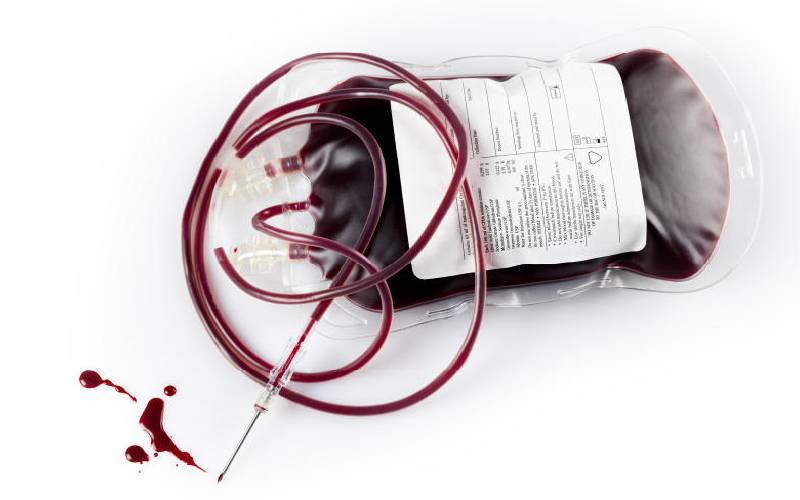×
The Standard e-Paper
Kenya’s Boldest Voice

International Women’s Day is a time when we celebrate women; our mothers, wives, sisters, aunties, nieces and colleagues. We celebrate their achievements and act towards improving their lives.